In today’s rapidly evolving technological landscape, the integration of artificial intelligence (AI) has revolutionized various industries, including manufacturing and machinery. Industrial machinery advancements have been greatly influenced by the incorporation of AI, leading to significant improvements in efficiency, productivity, and overall performance. In this article, we will delve into the role of artificial intelligence in industrial machinery advancements, exploring its impact, benefits, and future prospects.
İçindekiler Tablosu

Attentive female mechanic holding spare parts of car at repair garage
The Role of Artificial Intelligence in Industrial Machinery Advancements
Artificial intelligence plays a pivotal role in driving advancements in industrial machinery. By leveraging sophisticated algorithms and machine learning techniques, AI enables machines to perform complex tasks, make intelligent decisions, and adapt to changing environments. This transformative technology has revolutionized the manufacturing sector, empowering industries to enhance their operational capabilities and achieve new levels of efficiency and productivity.
Streamlining Production Processes with AI
One of the primary contributions of artificial intelligence in industrial machinery advancements is the streamlining of production processes. AI-powered systems can analyze vast amounts of data in real-time, enabling manufacturers to optimize their operations and reduce inefficiencies. By leveraging machine learning algorithms, these systems can identify patterns, predict potential issues, and optimize workflows, ultimately improving overall productivity.
Enhancing Quality Control and Inspection
Quality control is of paramount importance in the manufacturing industry. AI-based solutions have revolutionized this aspect by enabling automated inspection systems that can detect defects and anomalies with exceptional accuracy. Through computer vision and image recognition algorithms, industrial machinery equipped with AI can detect even the most minute flaws, reducing human error and ensuring higher quality standards.
Predictive Maintenance for Optimal Performance
Traditional maintenance practices often involve scheduled maintenance routines, regardless of the actual condition of the machinery. This approach can lead to unnecessary downtime and maintenance costs. However, with the integration of AI, industrial machinery can adopt a predictive maintenance approach. By continuously monitoring various parameters and utilizing machine learning algorithms, AI-powered systems can accurately predict potential failures and schedule maintenance tasks accordingly, optimizing uptime and minimizing costs.
Autonomous Robots in Manufacturing
Autonomous robots are becoming increasingly prevalent in industrial settings, thanks to advancements in artificial intelligence. These robots can perform intricate tasks with precision, consistency, and speed. Whether it’s assembly, packaging, or material handling, AI-powered robots are revolutionizing the manufacturing landscape by augmenting human labor and increasing overall efficiency.
Optimizing Supply Chain Management
Efficient supply chain management is crucial for the success of any manufacturing operation. Artificial intelligence plays a significant role in optimizing various aspects of the supply chain, such as demand forecasting, inventory management, and logistics. By analyzing historical data, market trends, and other relevant variables, AI algorithms can provide accurate demand forecasts, optimize inventory levels, and suggest the most efficient transportation routes, resulting in cost savings and improved customer satisfaction.
Improving Workplace Safety
Safety is a paramount concern in industrial environments, and AI has emerged as a valuable tool in improving workplace safety. AI-powered systems can monitor and analyze data from various sensors, detecting potential hazards and issuing timely warnings. Furthermore, AI can assist in identifying patterns that may lead to accidents or injuries, enabling proactive measures to mitigate risks and ensure a safer working environment.
FAQs
- How does artificial intelligence improve industrial machinery advancements? Artificial intelligence enhances industrial machinery advancements by streamlining production processes, enhancing quality control and inspection, enabling predictive maintenance, facilitating the use of autonomous robots, optimizing supply chain management, and improving workplace safety.
- What are the benefits of integrating artificial intelligence into industrial machinery? The integration of artificial intelligence into industrial machinery brings several benefits, including increased efficiency, improved productivity, enhanced quality control, optimized maintenance schedules, cost savings, and improved workplace safety.
- Can AI-powered robots completely replace human labor in manufacturing? While AI-powered robots are capable of performing various tasks with precision, they are not designed to replace human labor entirely. Instead, they augment human workers, enabling them to focus on more complex and strategic aspects of manufacturing.
- How can artificial intelligence optimize supply chain management? Artificial intelligence optimizes supply chain management by analyzing historical data, market trends, and other relevant variables to provide accurate demand forecasts, optimize inventory levels, and suggest the most efficient transportation routes, resulting in cost savings and improved customer satisfaction.
- What role does AI play in improving workplace safety? AI plays a crucial role in improving workplace safety by monitoring and analyzing data from various sensors, detecting potential hazards, issuing timely warnings, and identifying patterns that may lead to accidents or injuries. This proactive approach helps mitigate risks and ensures a safer working environment.
- What does the future hold for artificial intelligence in industrial machinery advancements? The future of artificial intelligence in industrial machinery advancements is promising. With ongoing advancements in AI technology, we can expect even more sophisticated systems that can adapt to dynamic environments, learn from experience, and further optimize manufacturing processes.
Conclusion
Artificial intelligence has undeniably transformed the industrial machinery landscape, driving advancements that have revolutionized manufacturing processes. From streamlining production and enhancing quality control to enabling predictive maintenance and optimizing supply chain management, AI has opened up new possibilities for increased efficiency, productivity, and safety. As the technology continues to evolve, the role of artificial intelligence in industrial machinery advancements will only become more significant, paving the way for a future of unparalleled innovation and growth.

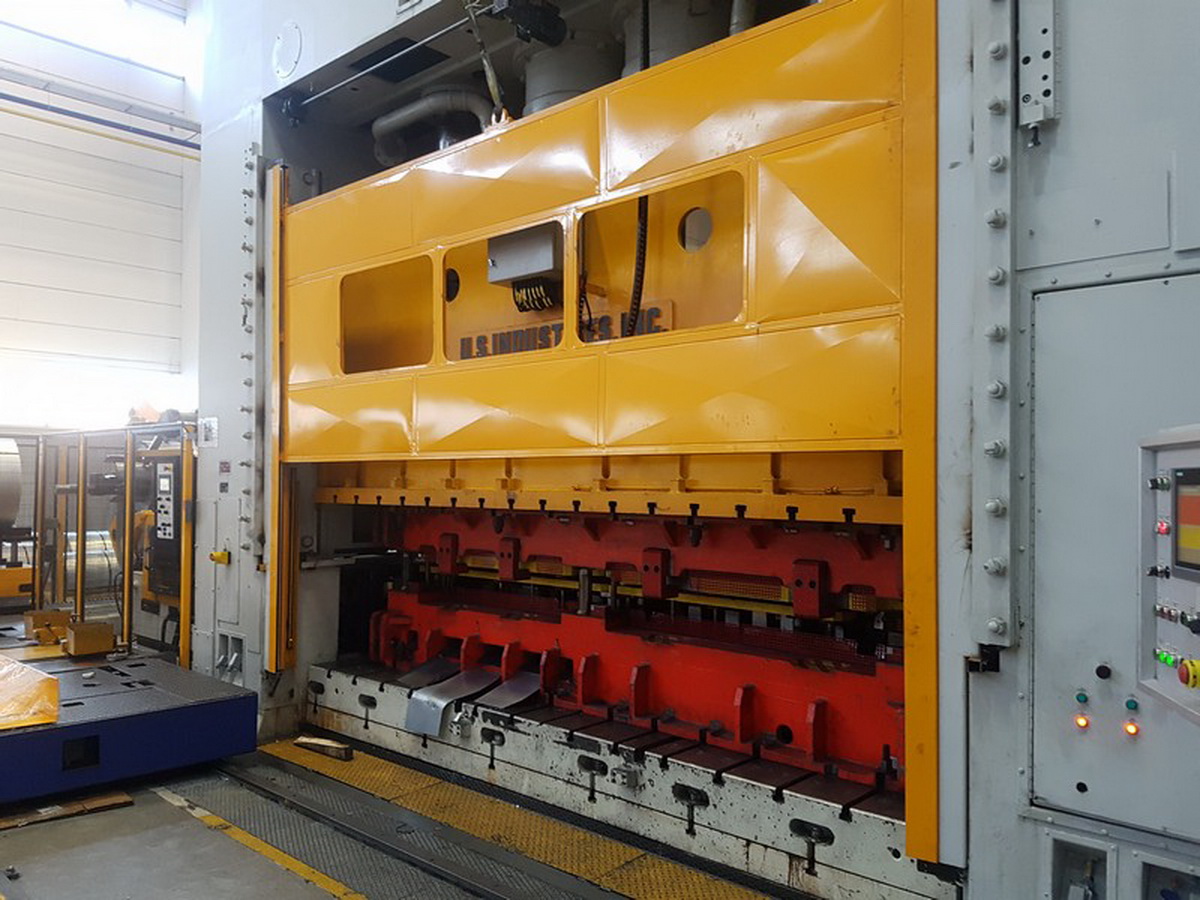
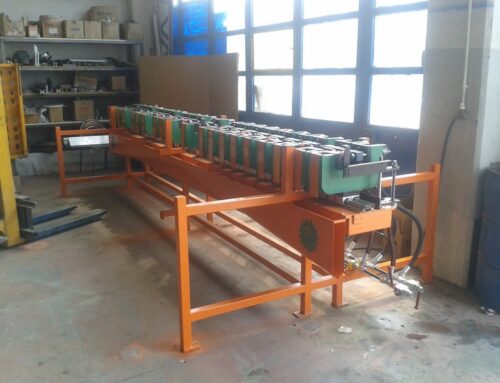
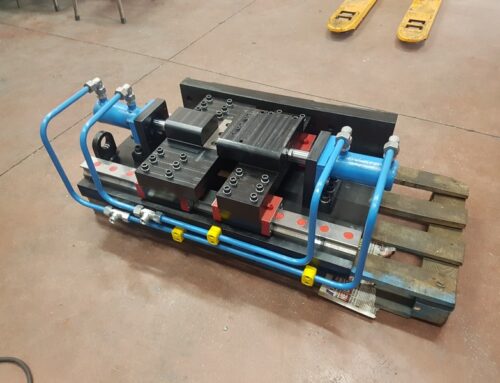
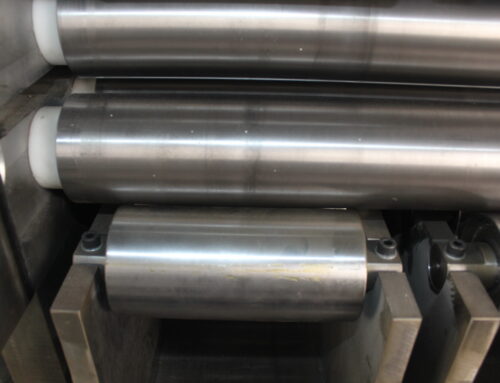
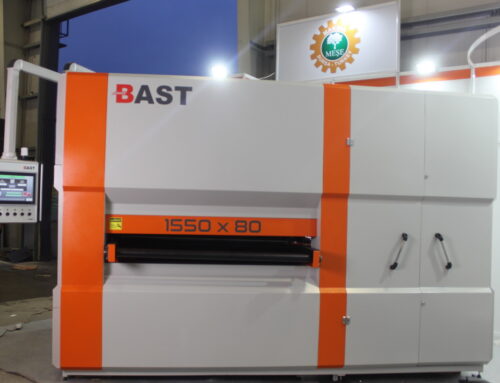

Leave A Comment